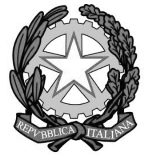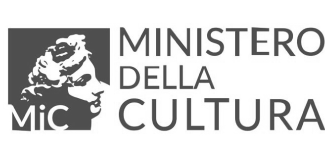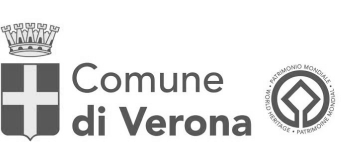
The thousand colours of France with Fondazione Arena di Verona's Orchestra
Maestro Grazioli returns to the podium of the Orchestra di Fondazione Arena after twenty-five years
8th Concert
Friday 20 May - 8pm
Saturday 21 May - 5pm
Teatro Filarmonico, Verona
Maestro Grazioli returns to the podium of the Orchestra di Fondazione Arena after twenty-five years. On Friday 20 and Saturday 21 May, he will be performing with acclaimed young soloist Mariangela Vacatello in Maurice Ravel's famous Piano Concerto in G, then with two composers from the previous generation: Gabriel Fauré and his rare Pavane and César Franck with the grandiose Symphony in D.
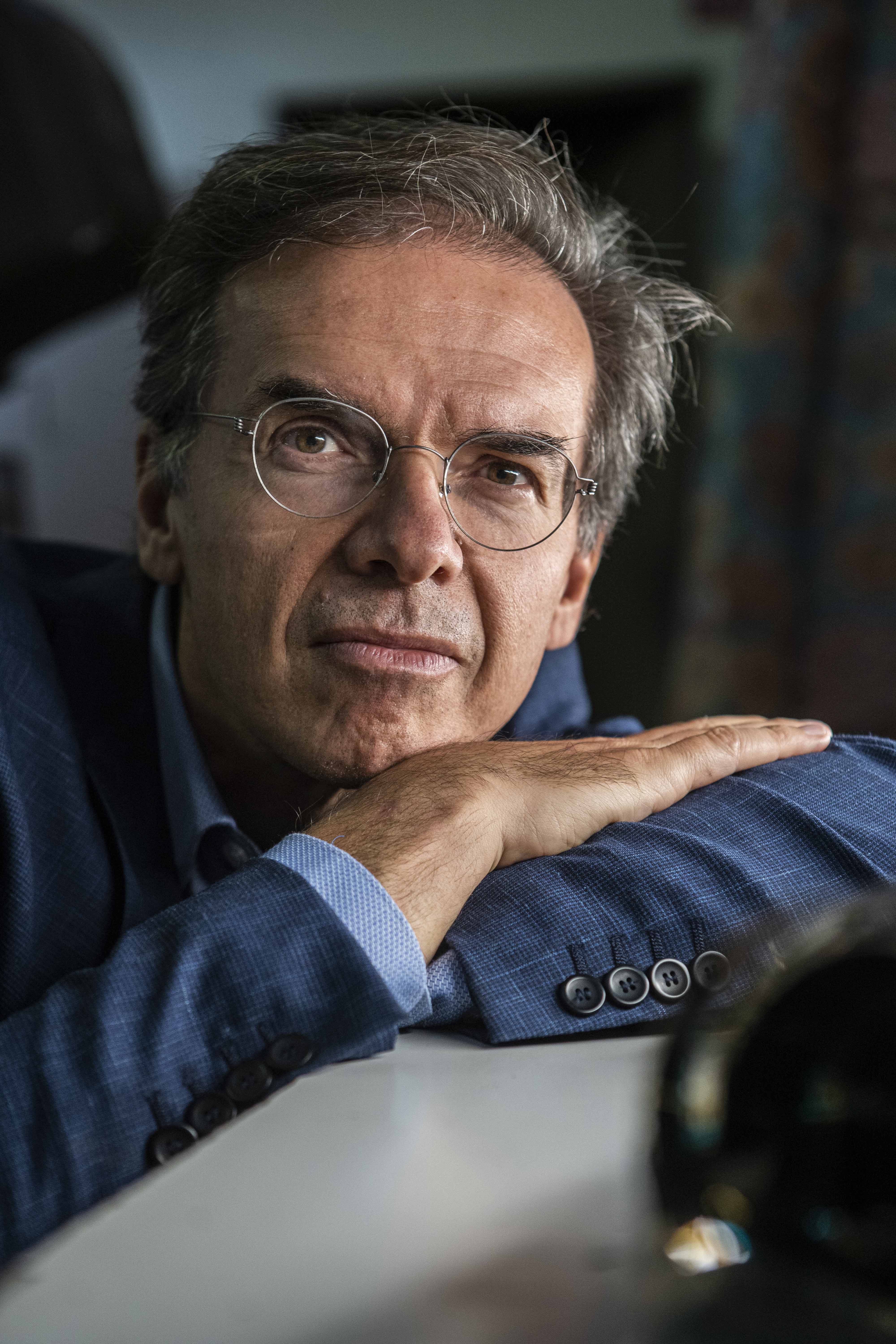
Giuseppe Grazioli
Palettes of thousands of orchestral colours triumph in the French repertoire of the late 19th and early 20th century, with its impressionist influences and decadent symbolism. Part of the very select production of Gabriel Fauré (1845-1924), mainly known for his Requiem in soft, human tones, is orientated towards this second current: the concert will open with the Pavane in F# minor, composed in 1877 and much loved in France since its first performance.
Appearing only once in the programmes of the Teatro Filarmonico more than twenty years ago in the version that the composer himself retouched to add a choral chant on verses by Montesquiou, it will be performed here for the first time in its original version by the Orchestra di Fondazione Arena conducted by Giuseppe Grazioli.
Grazioli, an Italian conductor with an international career, who has been absent from Verona for twenty-five years after an intense experience in the field of contemporary opera, boosted by prestigious commissions in French and other international theatres, a vast symphonic repertoire and numerous award-winning recordings (including the recent complete symphony by Nino Rota).
For the second piece, the young Campania pianist Mariangela Vacatello will make her debut at the Teatro Filarmonico in Verona, having won many awards in the most prestigious international competitions.
For the occasion, she will be tackling the Concerto in G major that Maurice Ravel (1875-1937) wrote in 1931 in his very personal style, post-dating the exhausted decadent climate and fully immersed in objective modernity, at times 'cubist': distant Baroque reminiscences that are often spiny but always captivating and unforgettable melodic fragments, an inimitable mastery of orchestral colours.
This is what can be heard in the concert, together with the virtuosity of the solo piano, displayed in particular in the extreme movements, leaving room in the central Adagio for one of the most beautiful pieces ever written in the entire 20th century.
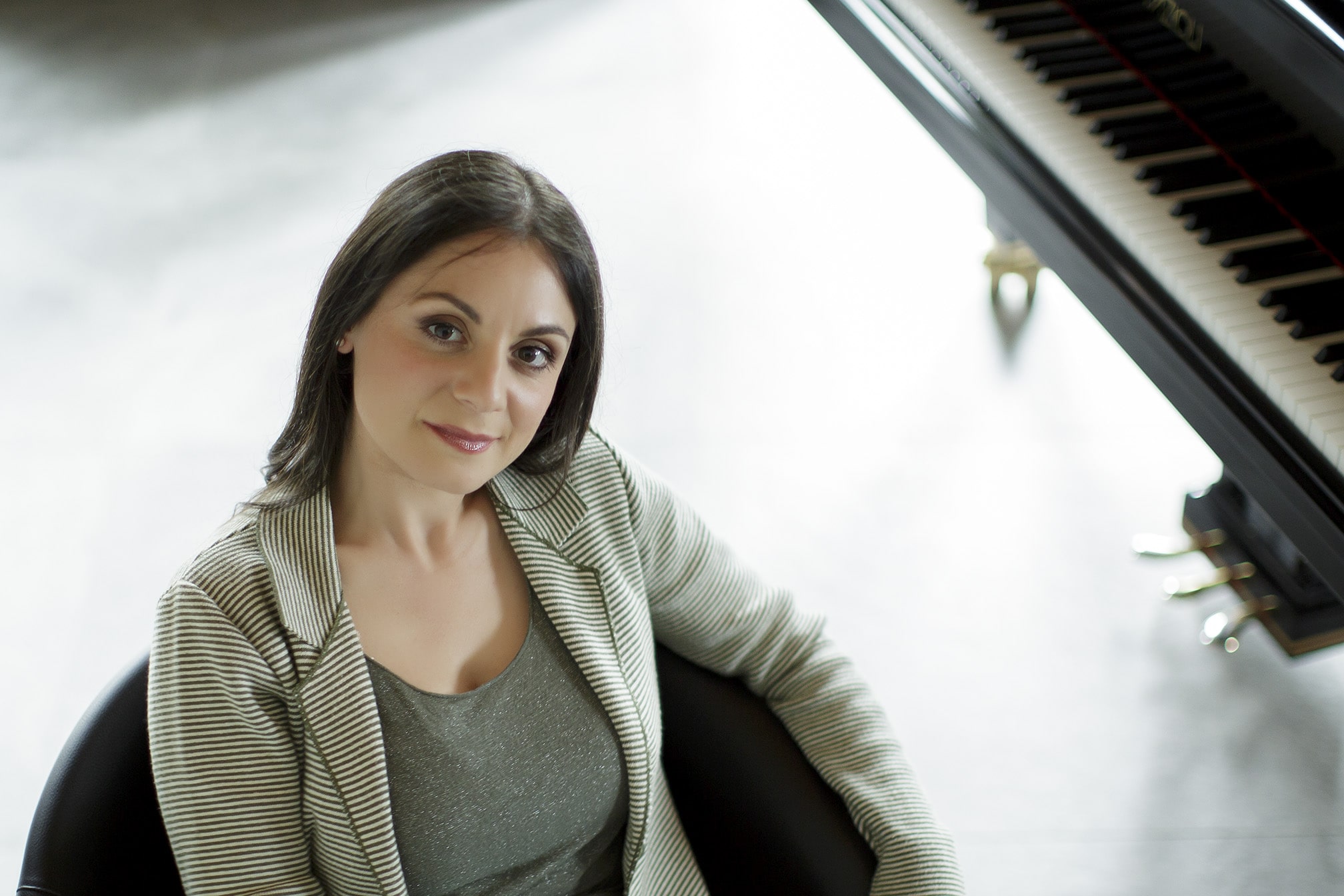
Mariangela Vacatello
The programme is rounded off with the Symphony in D minor by Belgian César Franck (1822-1890), as much a reference for later French composers in instrumental music as his almost contemporary Gounod was for operatic music.
Acclaimed as an organist and teacher, he did not have immediate success as a composer: with the extensive and ambitious Symphony in Three Movements (1888) he tried to chart a new course, serving as an example to Chausson, D'Indy, Dukas and others of success, even outside the wide circle of students at the Paris Conservatoire.
Already from the first movement, an Allegro non troppo with a slow introduction, it attempts to combine the tradition of the sonata form with the recurrence of a theme, indebted to the colours of Wagner and Liszt, treated with French colouristic fantasy tempered by the austere air of the great Germans: the melancholic central Allegretto could almost be by Brahms, while the triumph of the cyclic theme per aspera ad astra in the final movement is a personal synthesis.
It is possible to discern many influences and suggestions in the Symphony in D: it is easy to imagine how such a 'transitional' work could disconcert the more conservative and displease the younger generation. Many of those musical revolutions were also possible thanks to this necessary masterpiece, as the students of 'Père Franck' affectionately recognised.
8th Concert: dates
The 8th concert debuts on Friday 20 May at 8 pm (Subscription A round), with a musical programme of around 70 minutes plus an interval, and is repeated on Saturday 21 May at 5 pm (Subscription B round).
By law, a Covid-19 green certificate (Green Pass) is no longer required; the requirement to wear an FFP2 mask for the duration of the theatre stay remains.
Information and updates are available at this link. The Artistic Season 2022 resumes at the Teatro Filarmonico in October with operas and concerts, following the 46 evenings of the 99th Arena di Verona Opera Festival.
